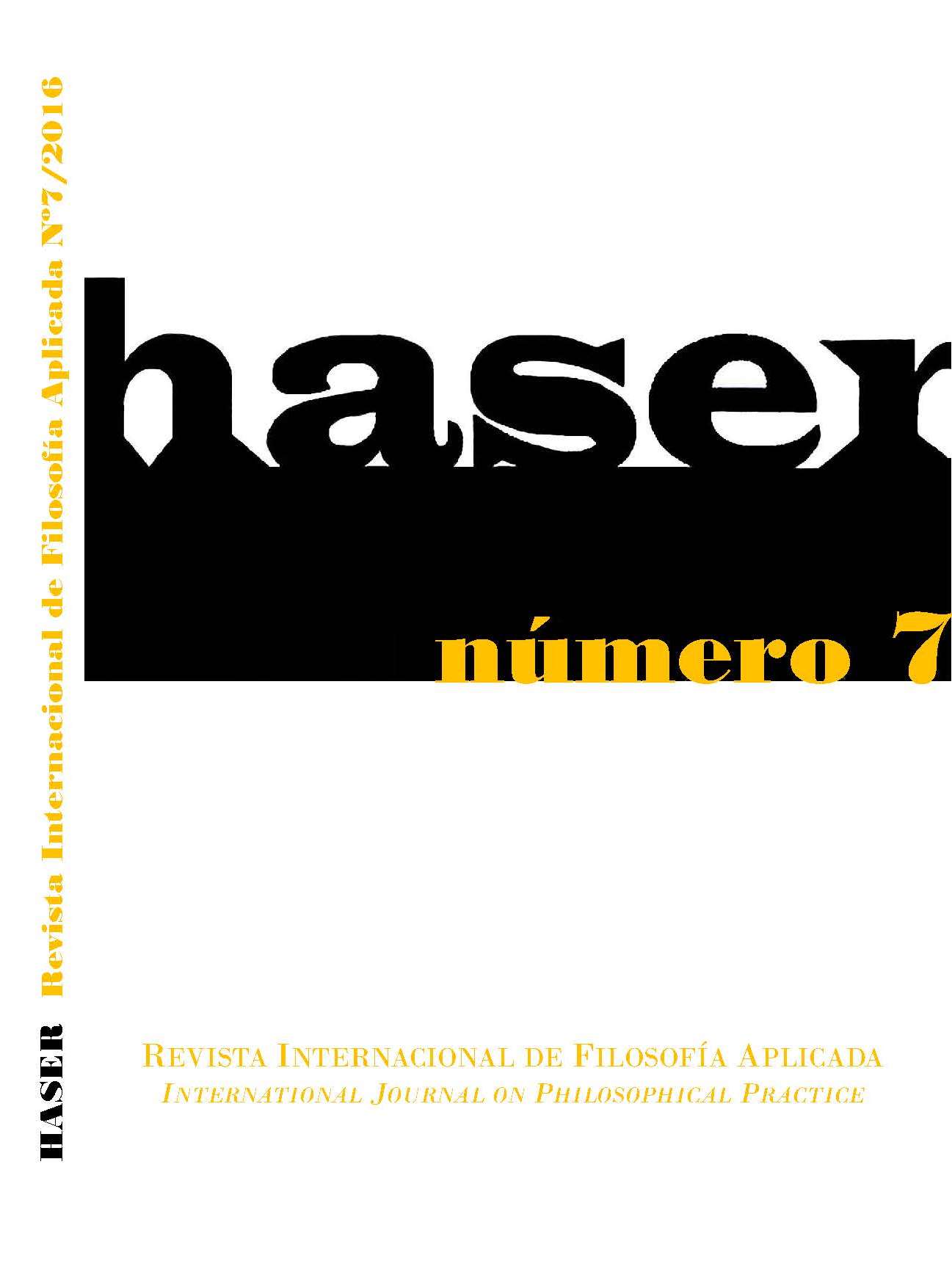KARL JASPERS: BASES OF THE SCIENTIFIC ORIENTATION TO LIVE. A DIALOGUE WITH KANT
Abstract
This study exams, according to Karl Jaspers, how science can serve as an orientation to live. The scientific knowledge does not reach the being in itself, already said by Kant, it has limits to reach and preview the function of the nucleus of the matter, as taught by the contemporary Physics. On the other hand, the reason also finds a limit on the personal freedom, which makes the human sciences the need to live together with this limitation. Thus, an orientation to live that needs a complete image of the world, can only come from the Philosophy, but that does not mean that the Science is not part of this process and does not offer orientation elements. Science offers a base and feeds the philosophies of each time. There is not a way to reach on the philosophy orientation without the knowledge which science offers to each generation, when this one respects the limits of the reason to see the world. This is the Jaspers’s way to redo the dialogue with Kant and the Illuminism, showing the better and the worst on the movement.
Downloads
Downloads
Published
How to Cite
Issue
Section
License
Los autores/as que publiquen en esta revista aceptan las siguientes condiciones:
1. Los autores/as conservan los derechos de autor y ceden a la revista el derecho de la primera publicación, con el trabajo registrado con la licencia de atribución de Creative Commons, que permite a terceros utilizar lo publicado siempre que mencionen la autoría del trabajo y a la primera publicación en esta revista.
2. Los autores/as pueden realizar otros acuerdos contractuales independientes y adicionales para la distribución no exclusiva de la versión del artículo publicado en esta revista (p. ej., incluirlo en un repositorio institucional o publicarlo en un libro) siempre que indiquen claramente que el trabajo se publicó por primera vez en esta revista.
3. Se permite y recomienda a los autores/as a publicar su trabajo en Internet (por ejemplo en páginas institucionales o personales) antes y durante el proceso de revisión y publicación, ya que puede conducir a intercambios productivos y a una mayor y más rápida difusión del trabajo publicado (vea The Effect of Open Access).
- Abstract 82
- PDF (Español (España)) 30


